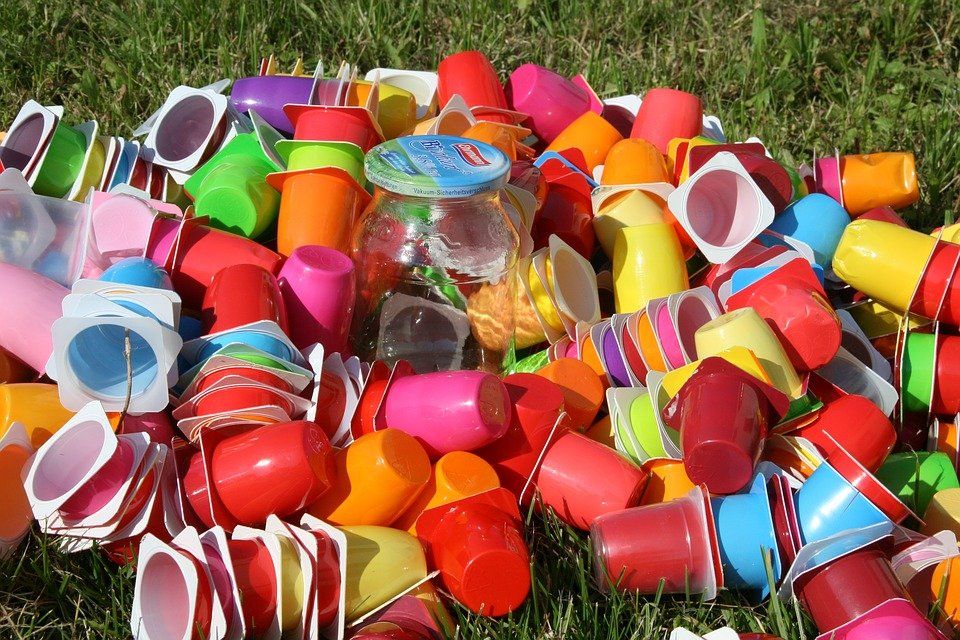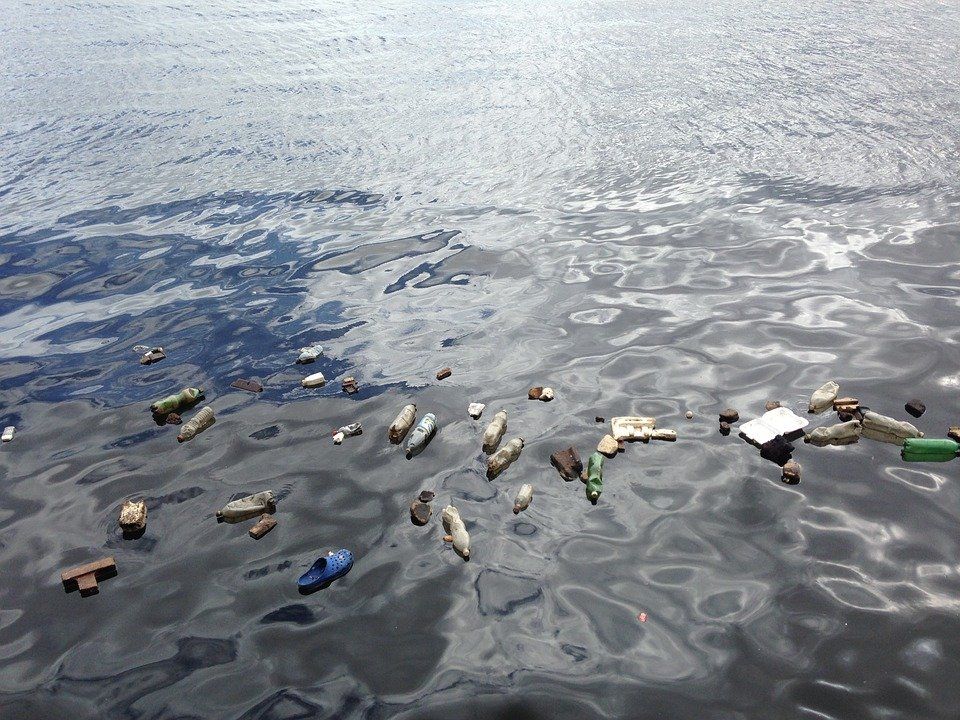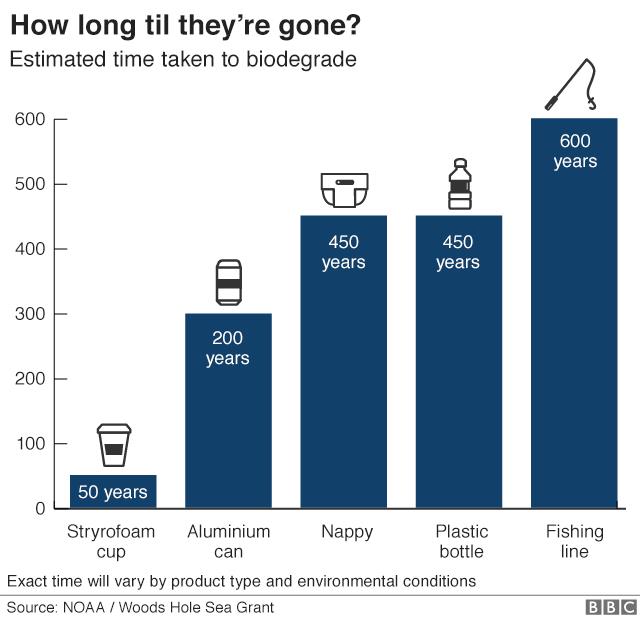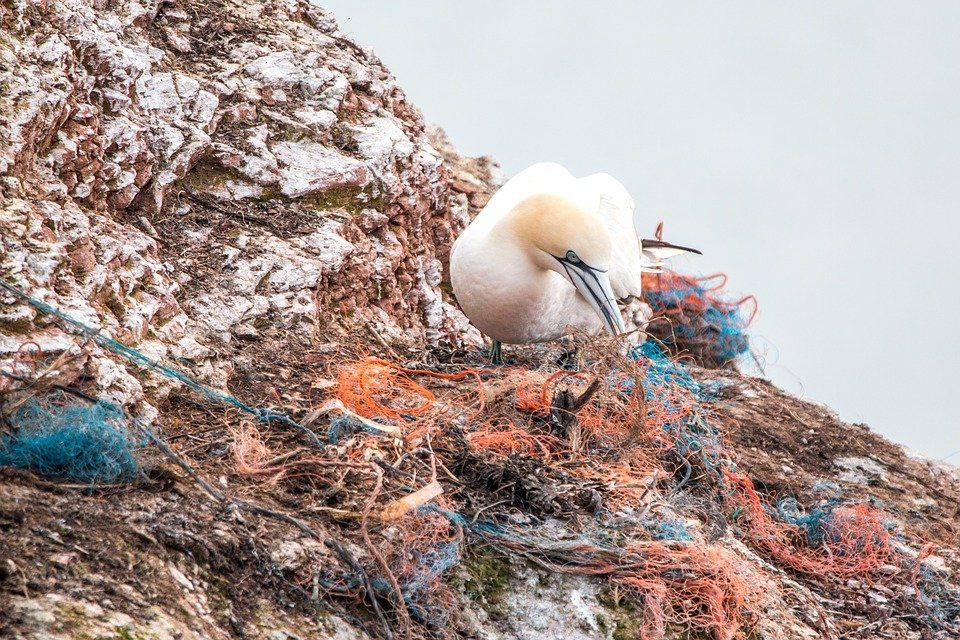The European Parliament is banning single-use plastics
Stopping the pollution of the oceans is on the EU Parliament’s agenda.
If no actions are taken today, the plastic in the ocean would’ve tripled by 2050 resulting in more trash than wildlife in our oceans. Proposed in May and concluded in 2018, the members of the European Parliament have called for a ban on plastic cutlery, tableware, cotton buds, straws, drink-stirrers and balloon sticks to ensure our oceans are protected from further pollution.
After the winning vote of 571 to 53 in EU Parliament, the Member of European Parliament responsible for the ban, Frédérique Ries, said that it was “a victory for our oceans, for the environment and for future generations” ( BBC, 2018 ). The ban also suggests the need for reduction in single-use plastics for food and drink packaging with manufacturers taking responsibility for the disposal of plastic wrapping.
At present, the ban targets the common ocean-pollutants such as disposable cutlery, cotton buds, cardboard containers and straws, but as cigarette filters are also a common litter that’s non-biodegradable, cigarette manufacturers are requested to reduce the plastic production by 50% in 2025 and to 80% in 2030. Items without any alternatives such as food packaging and wrappers will still be reduced by 25% in each country by 2025. The most formidable target of all is ensuring that “90% of all plastic drinks bottles are collected for recycling by 2025” as bottles and lids presently total to 20% of all plastic floating around the ocean ( BBC, 2018 ).
A large public support has rallied behind the directive in support for a cleaner and conserved environment. Some planning obstacles are still expected before the ban is fully implemented, but the EU aims to have it established by 2021. In the meantime, several countries are putting in their work by considering initiatives towards disposable plastic products.
EU research suggests that 150,000 tonnes of plastic are disposed into European waters annually with about 8,000,000 tonnes of plastic in the world’s oceans. Marine wildlife are not the only ones who migrate across waters––plastic trash float from ocean to ocean as it takes hundreds of years to biodegrade. ( https://www.orcireland.ie/the-oceans-rubbish-truck ). This imposes serious threats to the marine wildlife as the pollution can kill them. Whales end up eating plastic bags , sea turtles get tangled in plastic and broken down plastic pieces (microplastic) are consumed by fishes and later passed onto humans.
So how can you help?
Simple actions go a long way. Start by utilising reusable food and drink containers, carry recyclable bags for shopping and avoid buying plastic as much as possible. More examples can be found here. ( https://www.orcireland.ie/effortless-little-steps-to-preserve-the-marine-environment )
If you see any marine animals in distress from entanglement or stranded, report them to us immediately to us via our website www.orcireland.ie or the ORCireland Observers App #OceanHeroes
© Ocean Research & Conservation Ireland (ORCireland) and www.orcireland.ie , est. 2017. Unauthorized use and/or duplication of this material without express and written permission from this site’s author and/or owner is strictly prohibited. Excerpts and links may be used, provided that full and clear credit is given to Ocean Research & Conservation Ireland and www.orcireland.ie with appropriate and specific direction to the original content.
SHARE THIS ARTICLE

















